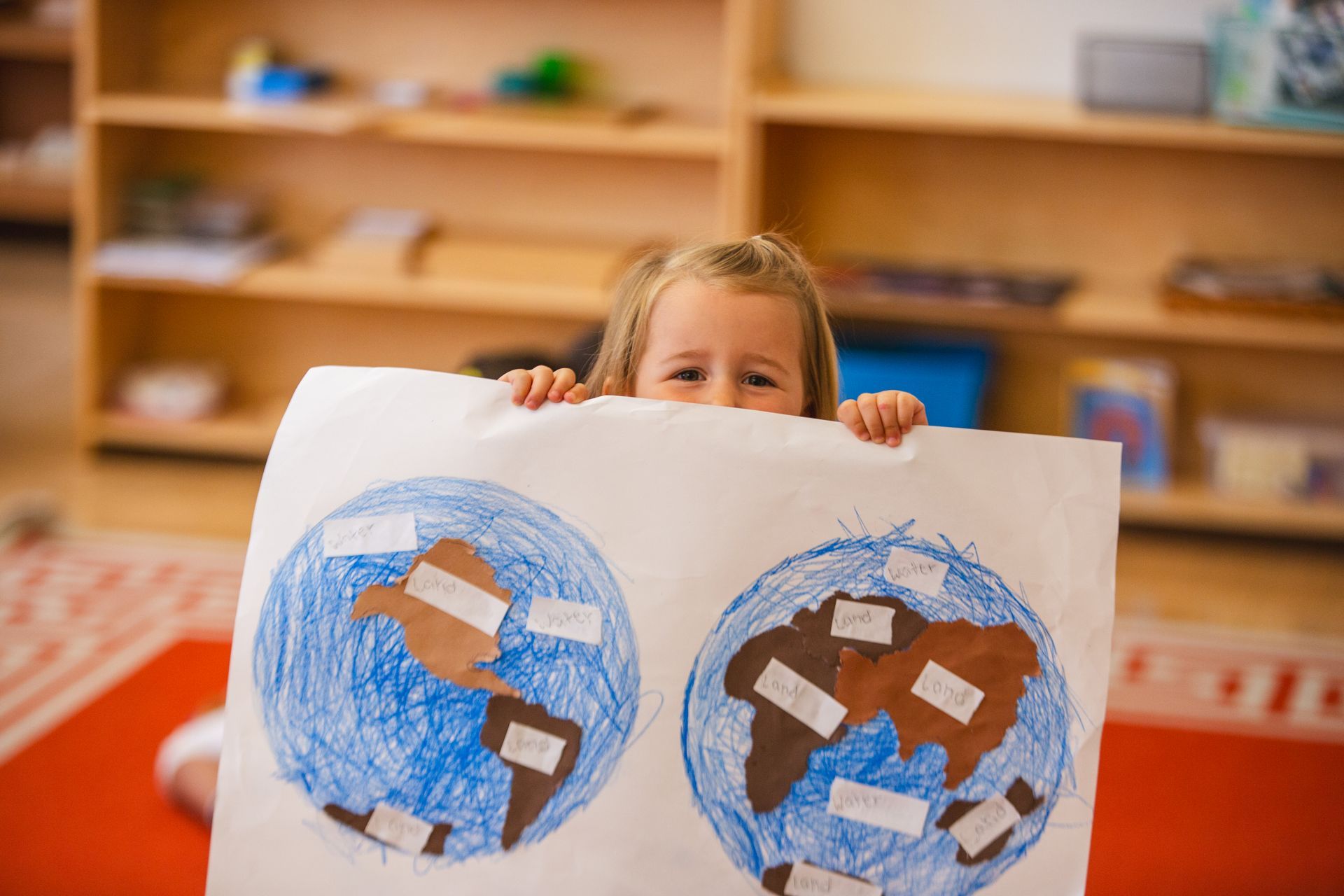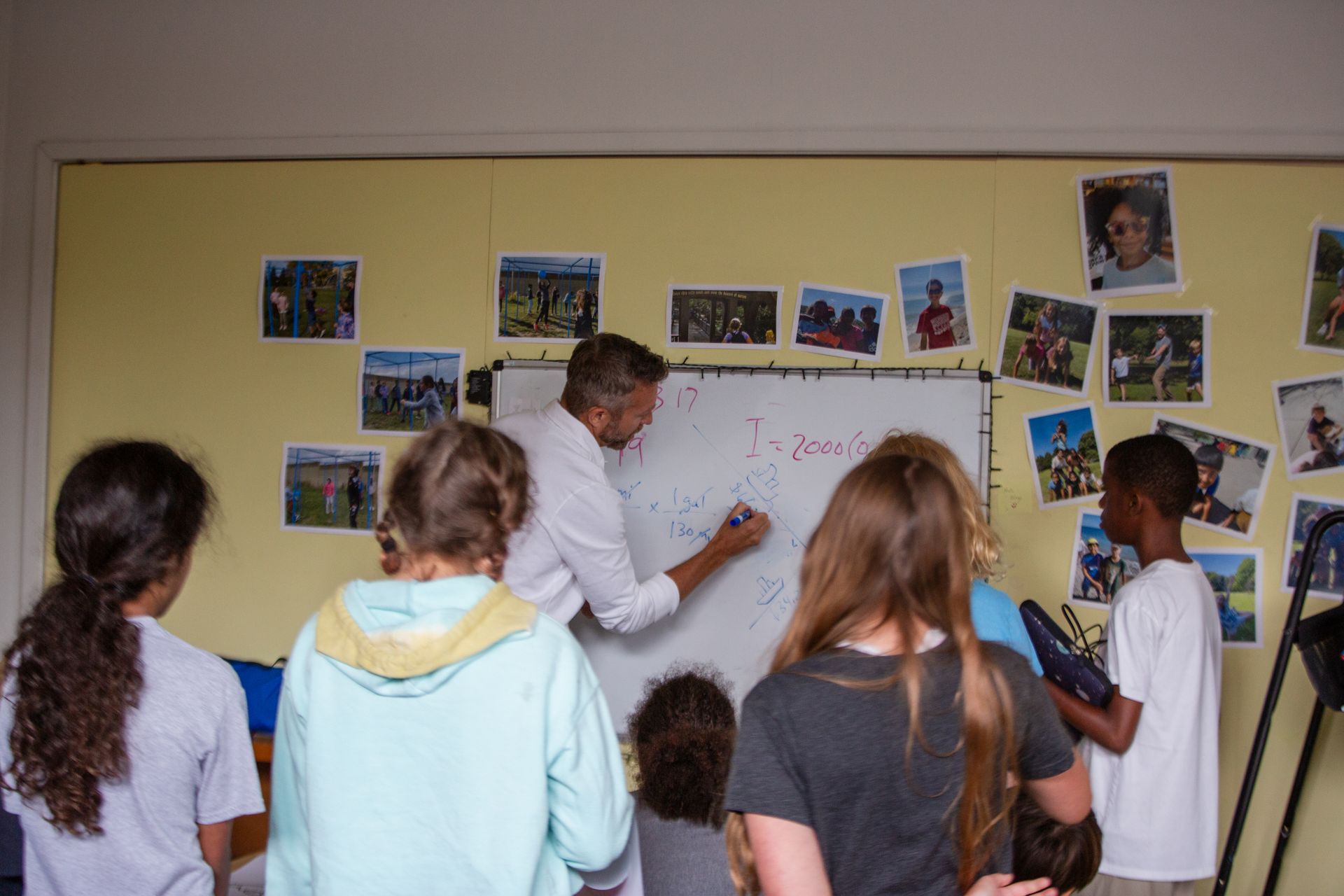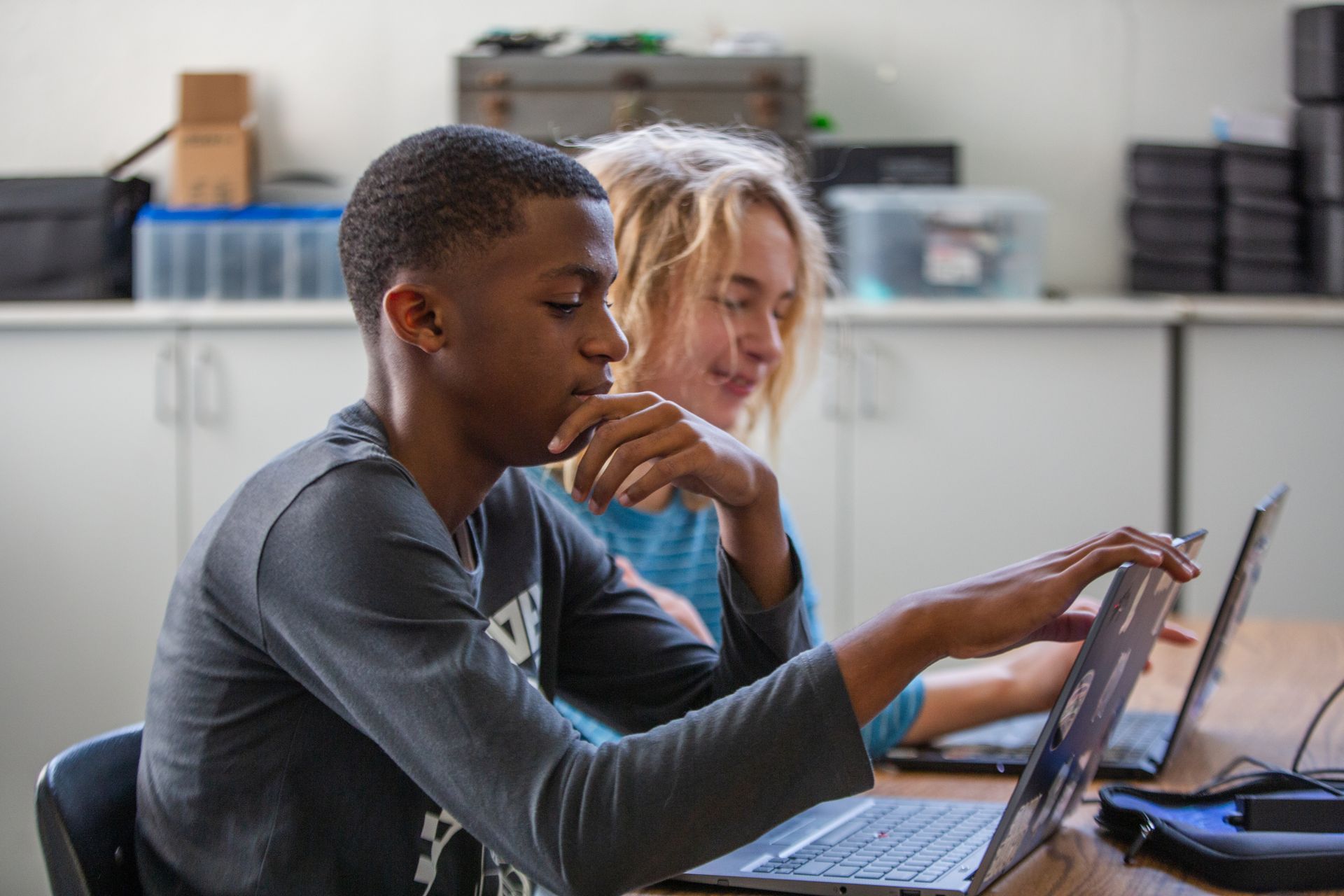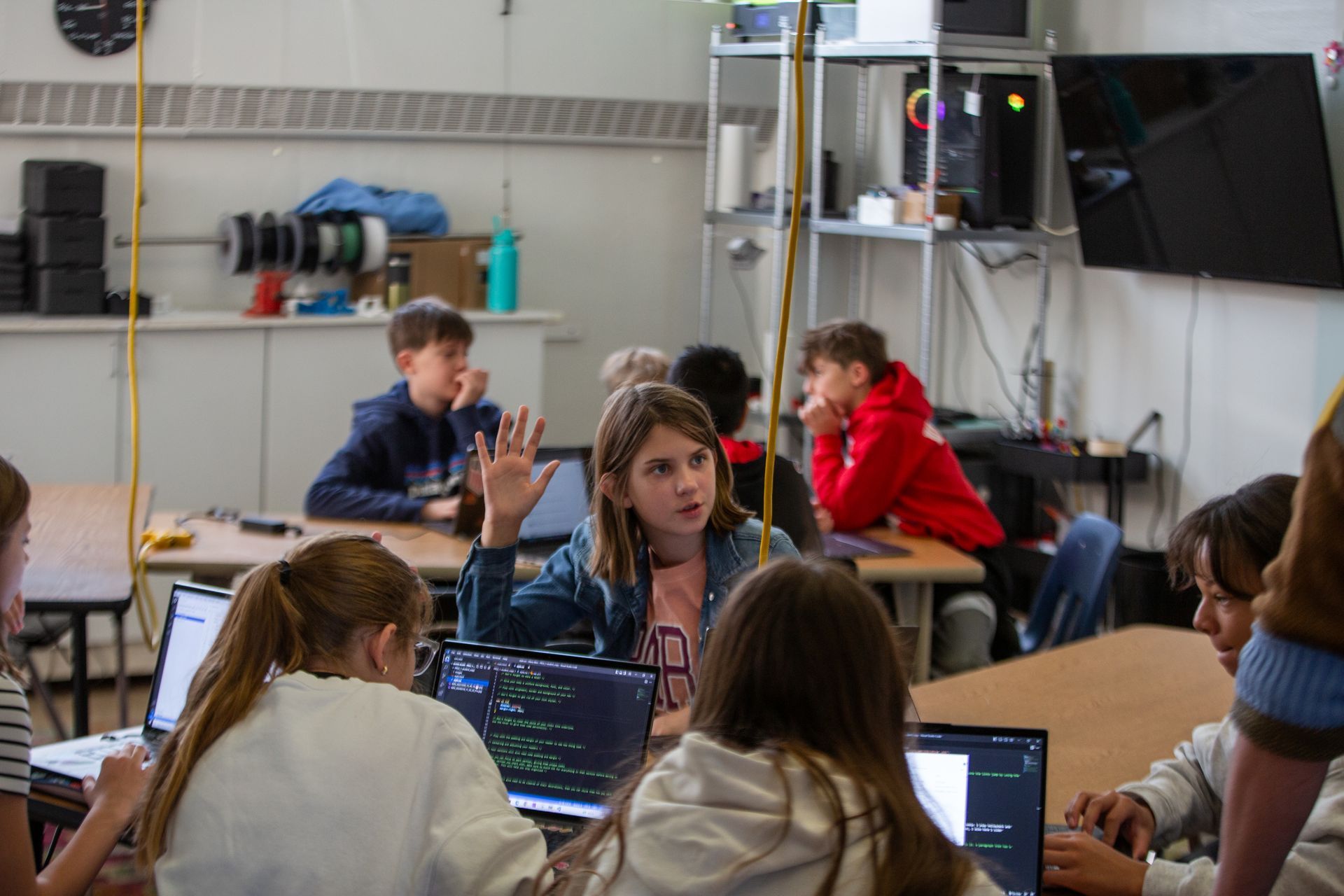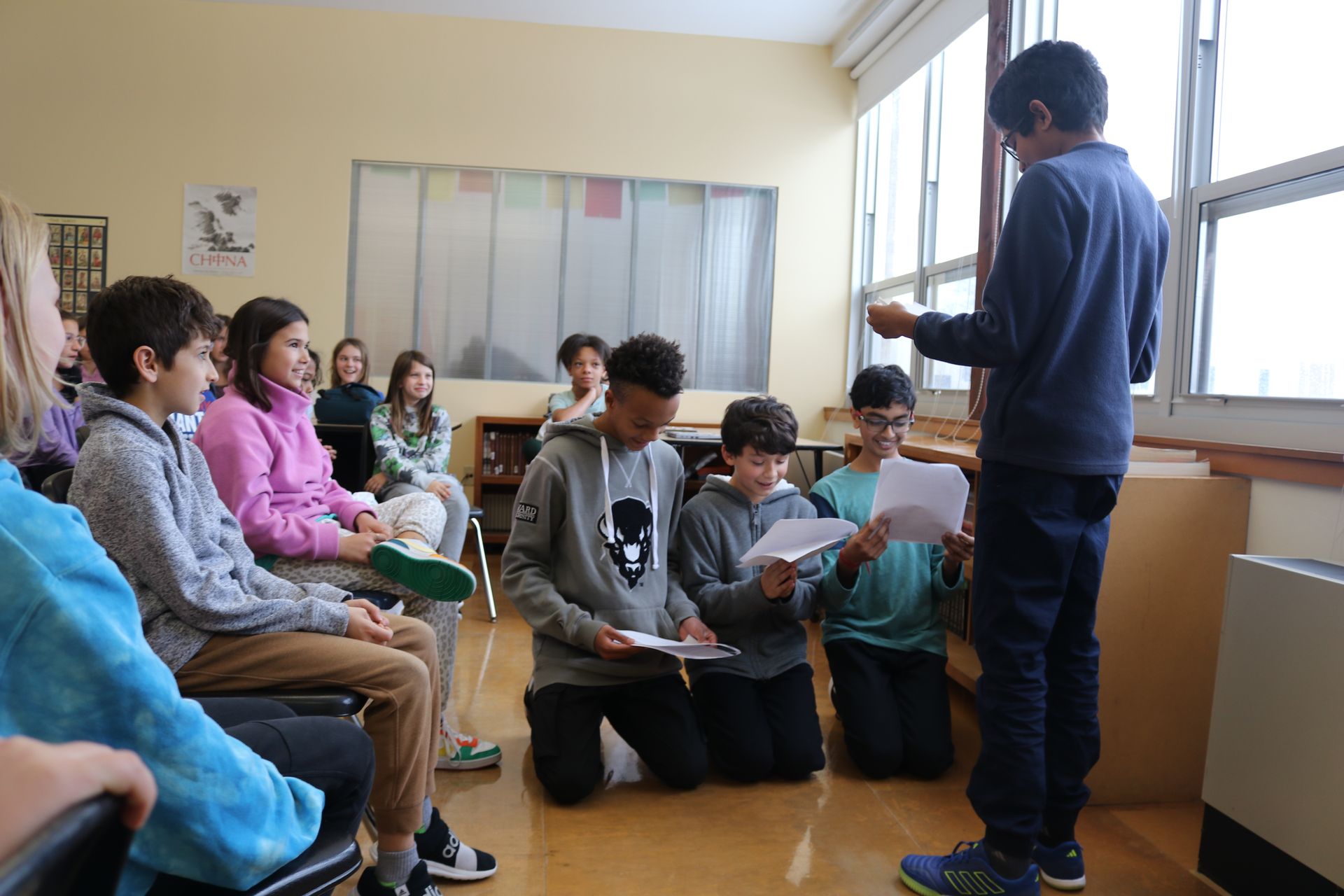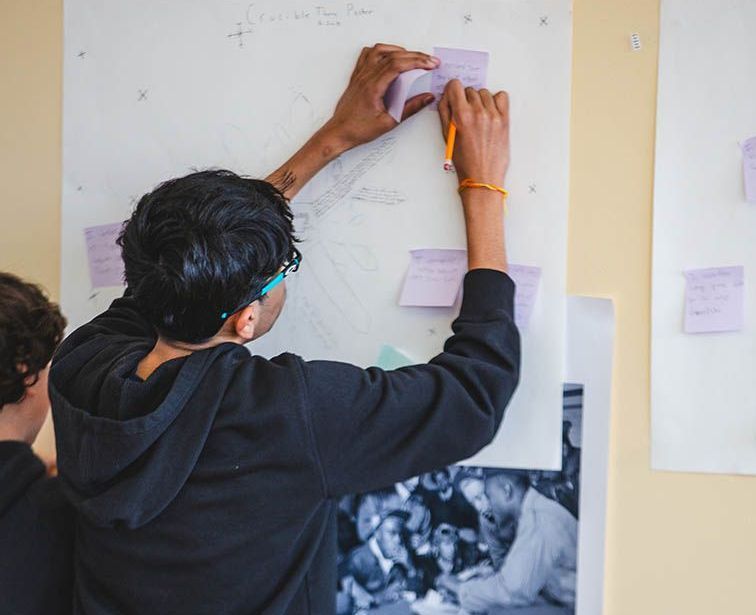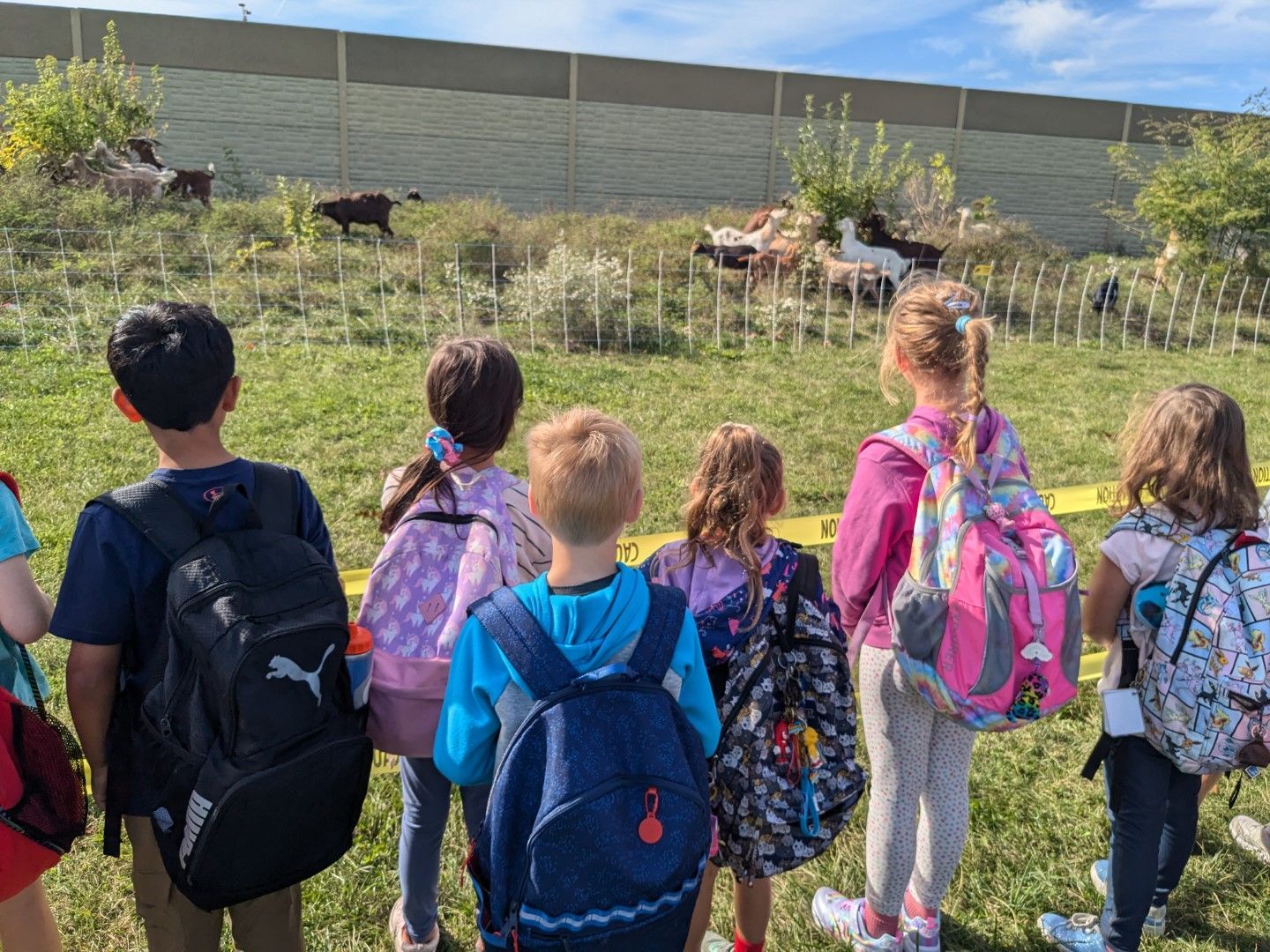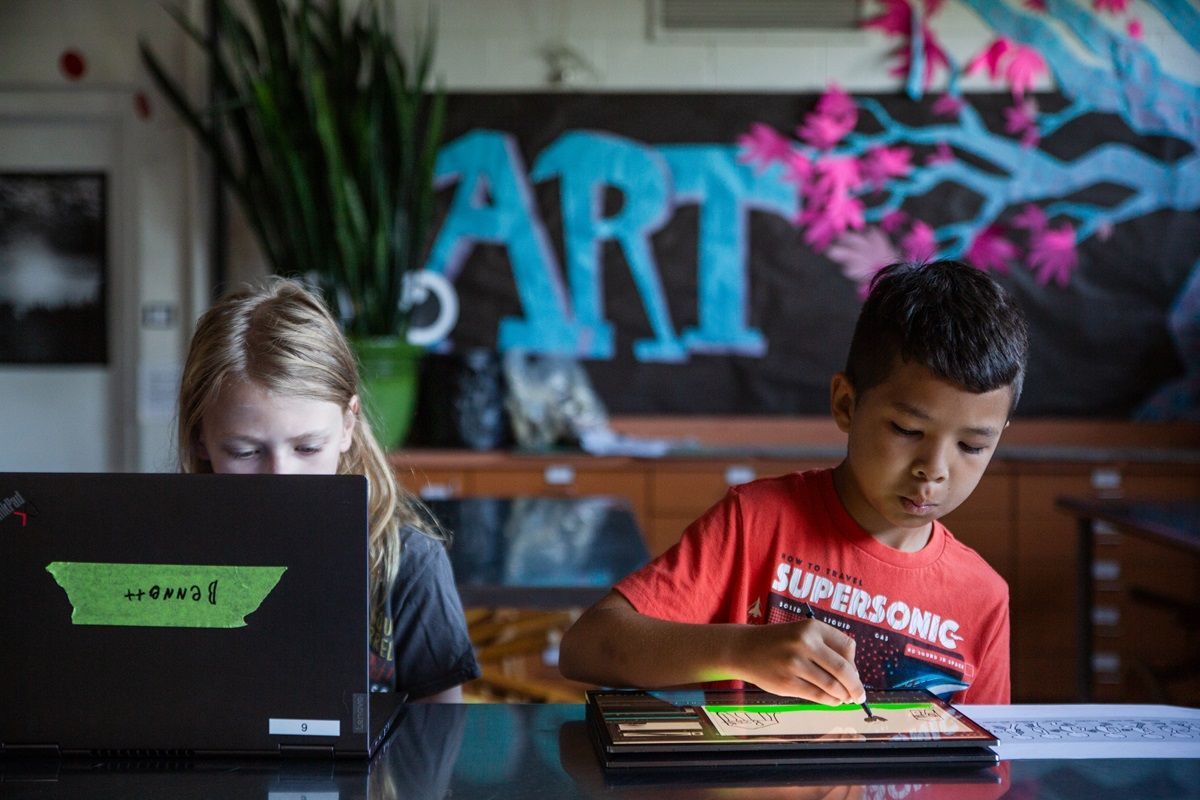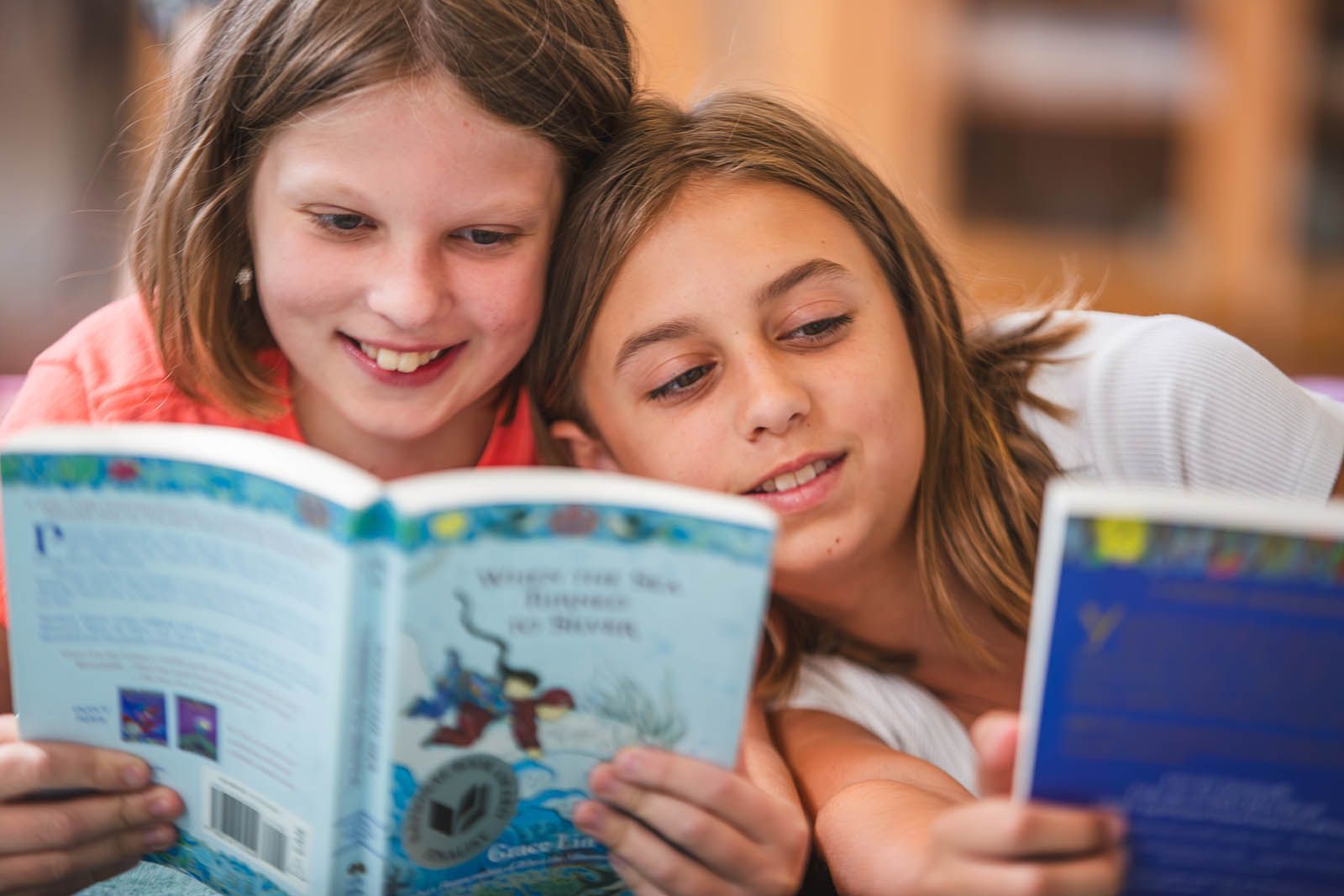Studying Countries, Continents and Ecosystems and the Benefits to Children
New Paragraph
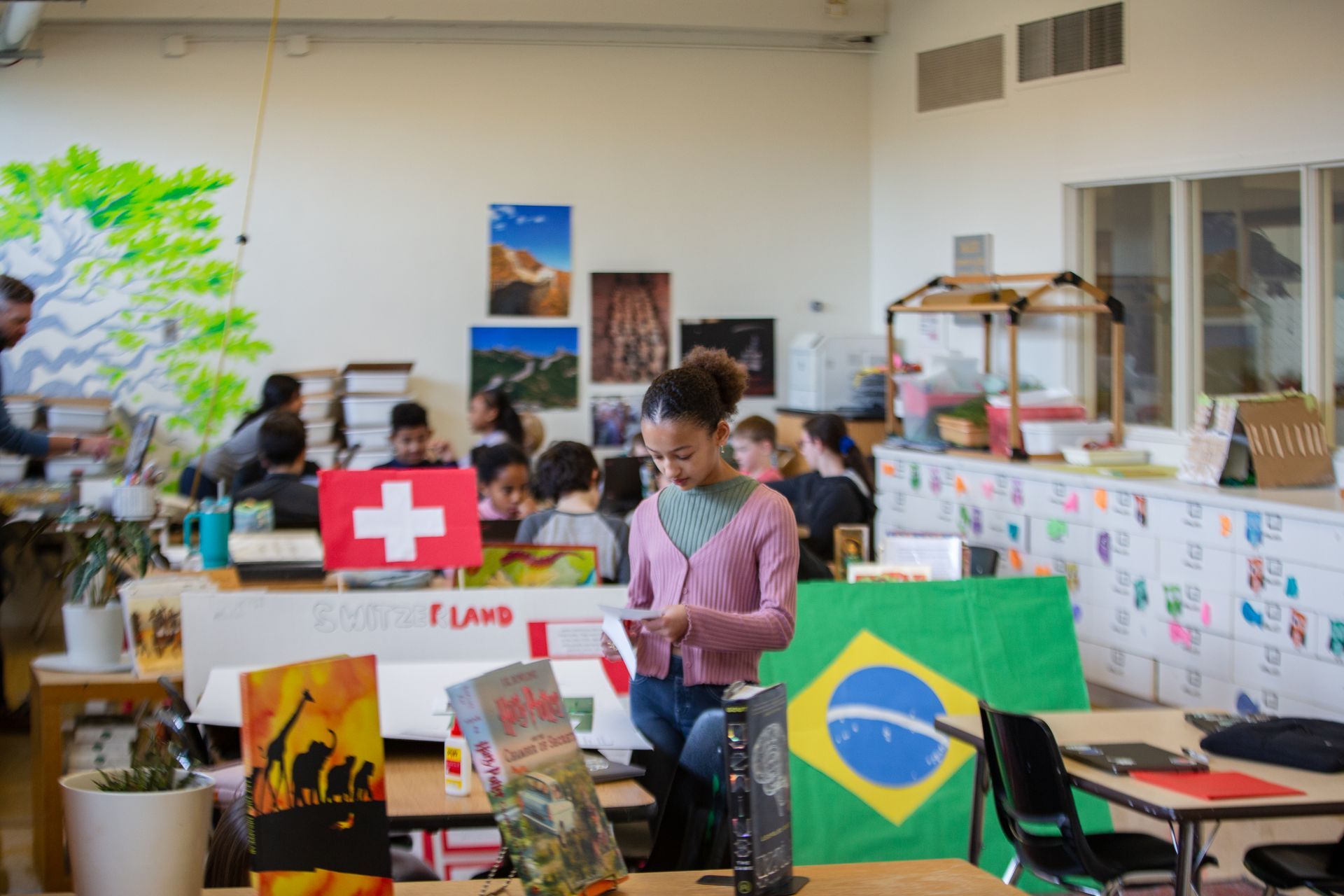
"The child gives us a beautiful lesson – that in order to form and maintain our intelligence, we must use our hands."
Maria Montessori
At Milwaukee Montessori School, faculty are always creating units on the study of countries, continents, and the ecosystems therein, using a purposeful, interdisciplinary approach that supports the child’s development in several key areas.
An MMS education is rooted in our mission and the belief that children are citizens of the world. By learning about different countries—their landscapes, climates, customs, and people—students develop empathy, respect, and an understanding that the world is bigger than their immediate environment.
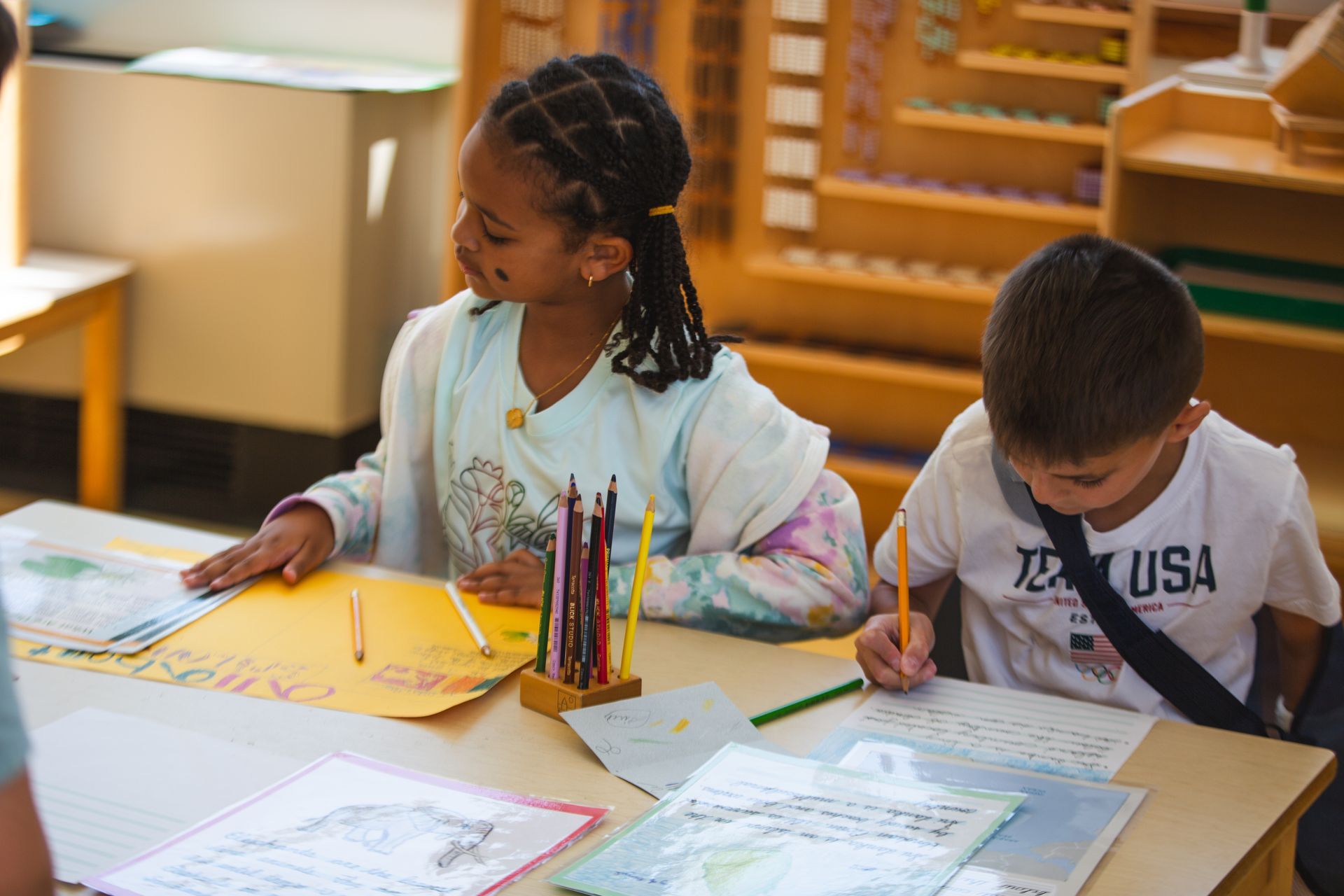
Studying climates helps children understand how geography shapes culture, food, shelter, transportation, and ways of life. It’s not abstract—it’s tangible. Why do people in certain parts of the world wear specific clothes, eat particular foods, or build homes in a certain way? Climate is often the answer.
Country and climate studies naturally combine geography, biology, science, history, art, and language.
In these studies, students learn to:
- Map continents and countries
- Study native animals and habitats
- Understand climate zones and weather patterns
- Explore traditional music, art, language, and celebrations

This integrated approach supports
deep learning, encourages students to have and articulate actual, relevant, and interesting knowledge, the core goals of an MMS Montessori education. These country studies build initiative, allowing children to engage in
independent learning, research,
and
presentation.
Ultimately, Dr. Maria Montessori believed that peace begins with understanding. Teaching children about the interconnectedness of people and places, and the shared responsibility to care for the Earth, supports her vision of a more peaceful world, and also aligns with the work of our faculty that advances our ideas rooted in our belief in democracy, personal freedom, solidarity with those at the periphery of society, the well-being of our planet, and educating children to become informed, engaged, ethically minded citizens for the world that they will inherit.
